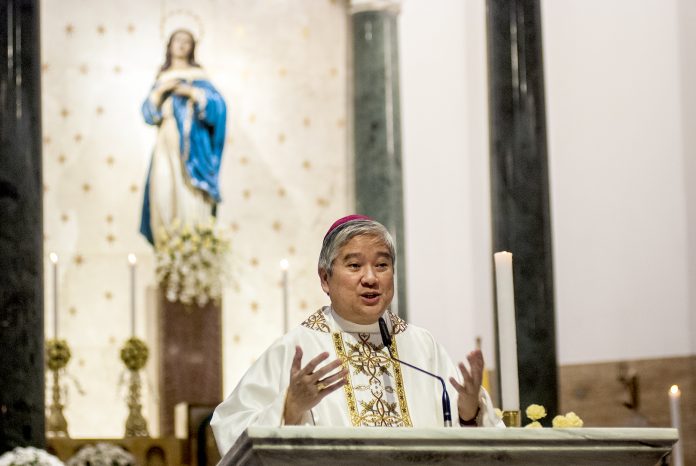For us modern people, whenever we start something new, the question we ask is, “What can I get from that?”
We inquire about the salary and the possible connections we could establish. We question whether we will gain some amount of power.
The query we usually pose is “Anong mapapala ko diyan?” (What will I benefit from that?) What can I get from it? What’s in it for me?
This culture proclaims that the more I can get from it, the better. The higher the salary, the more expansive the connections, the better.
Thus, the question “Anong mapapala ko?” (What will I get?) implies that the one who gains the most is the best.
God extended an offer to Abraham, but before Abraham could even utter, “What’s in it for me?” or “Anong mapapala ko diyan?” (What will I benefit from that?), the Lord unfolded before him all the blessings that would be his if he accepted the Lord as God.
In the case of Jesus, He likewise did not care to ask, “What’s in it for me?” For Abraham and Jesus, the inquiry is not what will I gain from it.
The questions Abraham and Jesus pondered were, “What can I do? What can I sacrifice? What must I do to love?”
Up to now, Abraham remains blessed. The Muslims have elevated him as their father. The Jews have regarded him as their father.
The Christians have baptized him as their father. Abraham is great not because he received the most. Abraham is great because he gave the most.
Abraham is great because he acted the most and, like Jesus, he also gave the most.
In a few days, we commence Holy Week. The lesson of Holy Week is giving. The lesson of love is giving. The secret of peace is giving. The one who gives always ends up happier. The one who bestows the most is the happiest also.
Today, let us not ask the query, “Anong mapapala ko? What will I get?” Let us begin to pose questions like, “What more can I give?”
Reflection of Archbishop Socrates Villegas of Lingayen-Dagupan. Jn. 8:51-59









